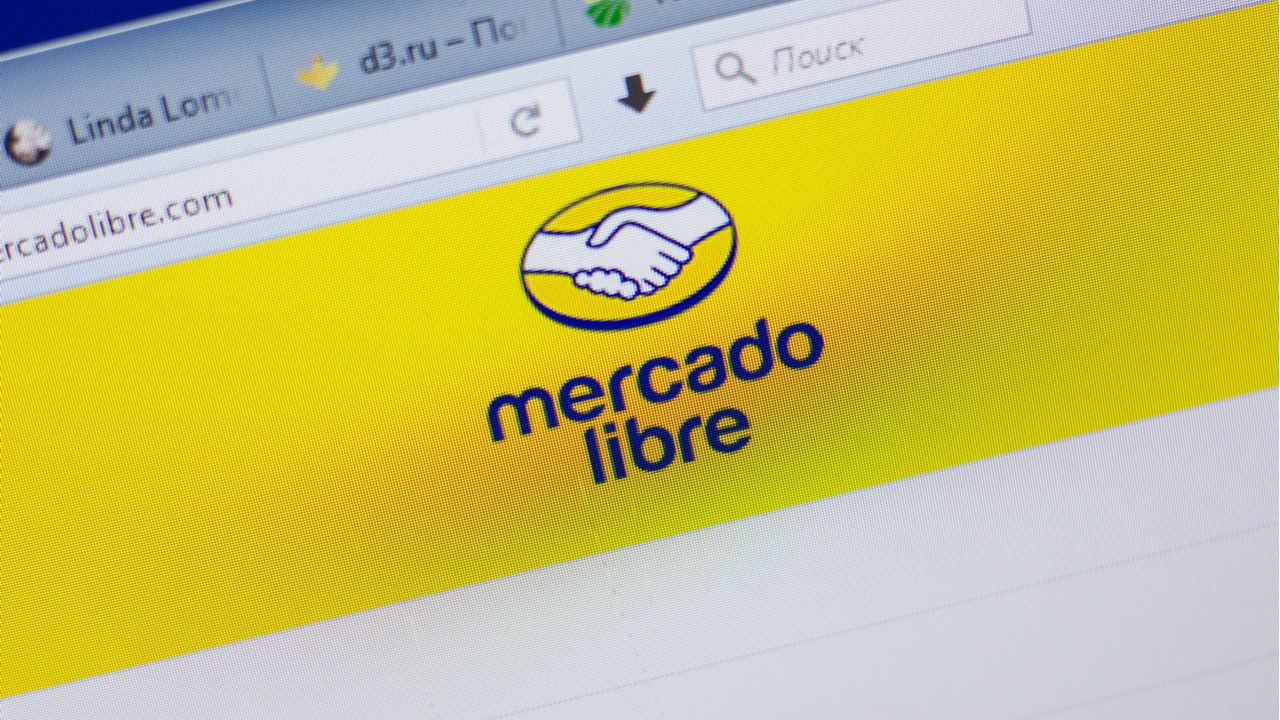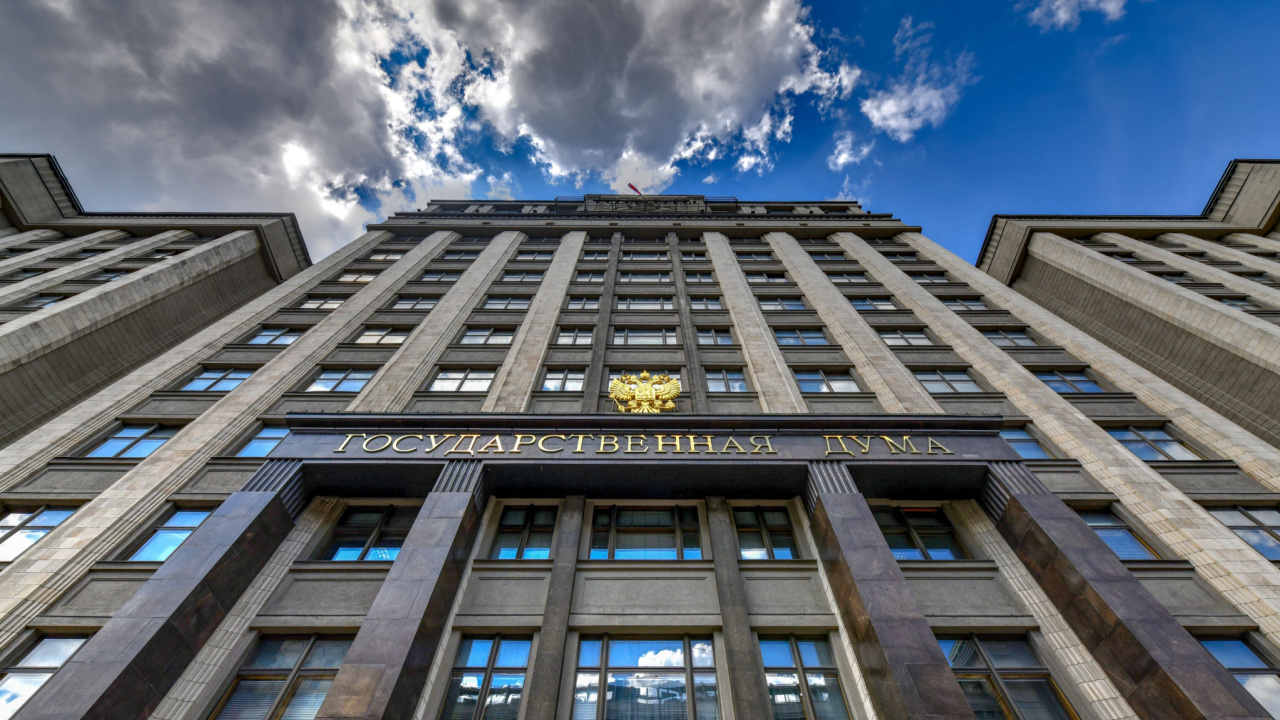The Ministry of Information Technologies and Communications of Colombia, Mintic, has issued a guide that describes the steps to implement blockchain in projects directed at the state level. The document defines blockchain and its basic elements, and also describes the guidelines that some projects should follow, depending on the needs of each project.
Colombia Issues Guidelines for Blockchain Projects
More and more governments are including blockchain in projects that require transparency and decentralization. The Ministry of Information Technologies and Communications of Colombia, the main technology institution in the country, has issued a guide that describes how blockchain should be integrated into projects directed to solve problems at a government and state level.
The document, titled “Reference Guide for the adoption and implementation of projects with blockchain technology for the Colombian State,” explains the basics of blockchain and the kinds of projects that would benefit by integrating blockchain in their services. About this, the document states:
A blockchain technology project in the public sector requires a detailed review of the requirements of the public challenge to be resolved and the usability that the distributed database would have depending on the type of project.
Furthermore, the document says that the implementation of this tech should be subject to the current legal framework of the country, in which state entities are obliged to comply with what is expressly established in Colombian law.
Blockchain Projects in Development
Colombia has already identified some of the problems that could be solved using blockchain technology. The document mentions several projects, including RITA, a network developed by a national university that uses blockchain to secure and verify the authenticity of academic diplomas, and the alliance that the Bank of Colombia inked with R3 to use the Corda for different settlement cases.
Recently a new application of blockchain technology was announced by Mintic, that aims to aid citizens in need of their own land certificates. The project, which was recently completed by a third-party company called Peersyst Technology, will use the Ripple Ledger as a base to register and verify the authenticity of these certificates. The project aims to accelerate the process of issuing these land documents, with the goal of giving 100,000 of the certificates to land owners in a short time.
Brazil is also pushing its own blockchain-based network. The structure, called the Brazilian Blockchain Network, will be used for institutions to build their own apps on top of, with the idea of improving the transparency of public organizations.
What do you think about the guideline document issued by Colombia about integrating blockchain tech in state projects? Tell us in the comments section below.
Sergio Goschenko
Sergio is a cryptocurrency journalist based in Venezuela. He describes himself as late to the game, entering the cryptosphere when the price rise happened during December 2017. Having a computer engineering background, living in Venezuela, and being impacted by the cryptocurrency boom at a social level, he offers a different point of view about crypto success and how it helps the unbanked and underserved.
Image Credits: Shutterstock, Pixabay, Wiki Commons
Disclaimer: This article is for informational purposes only. It is not a direct offer or solicitation of an offer to buy or sell, or a recommendation or endorsement of any products, services, or companies. Bitcoin.com does not provide investment, tax, legal, or accounting advice. Neither the company nor the author is responsible, directly or indirectly, for any damage or loss caused or alleged to be caused by or in connection with the use of or reliance on any content, goods or services mentioned in this article.




